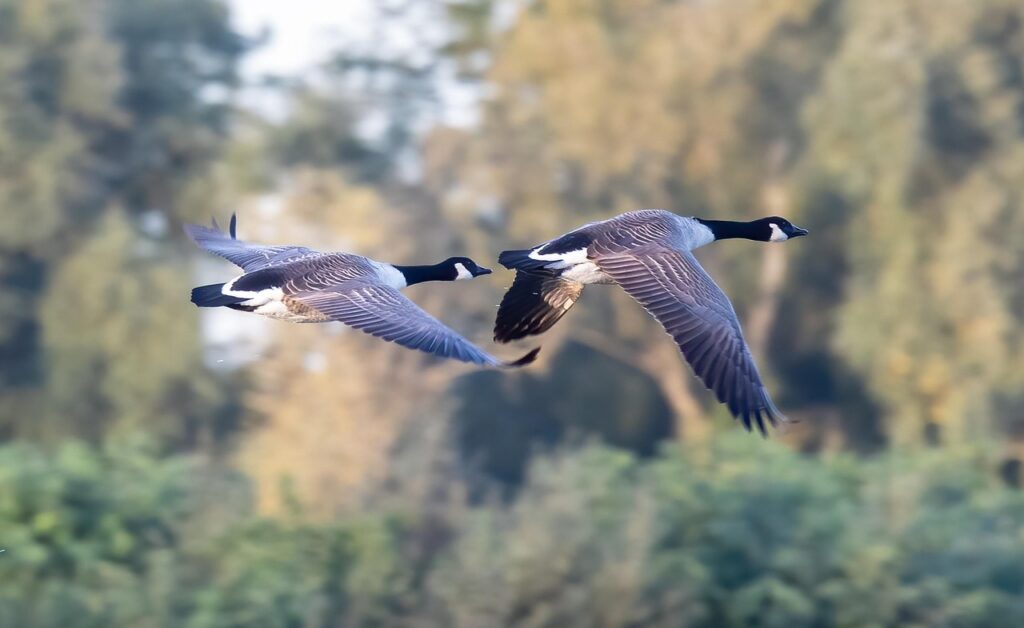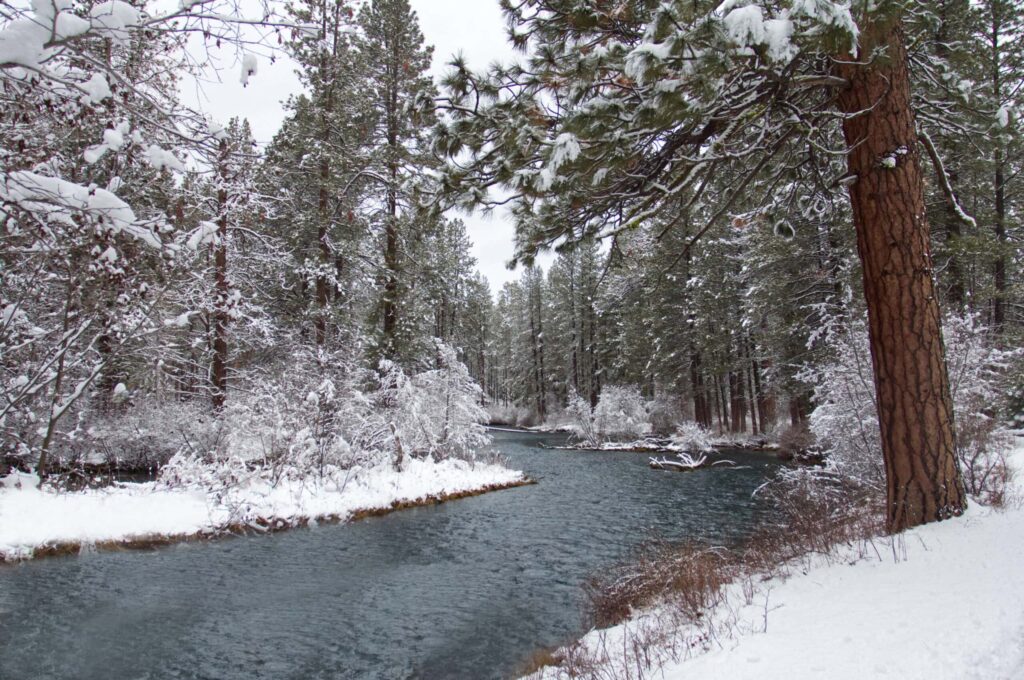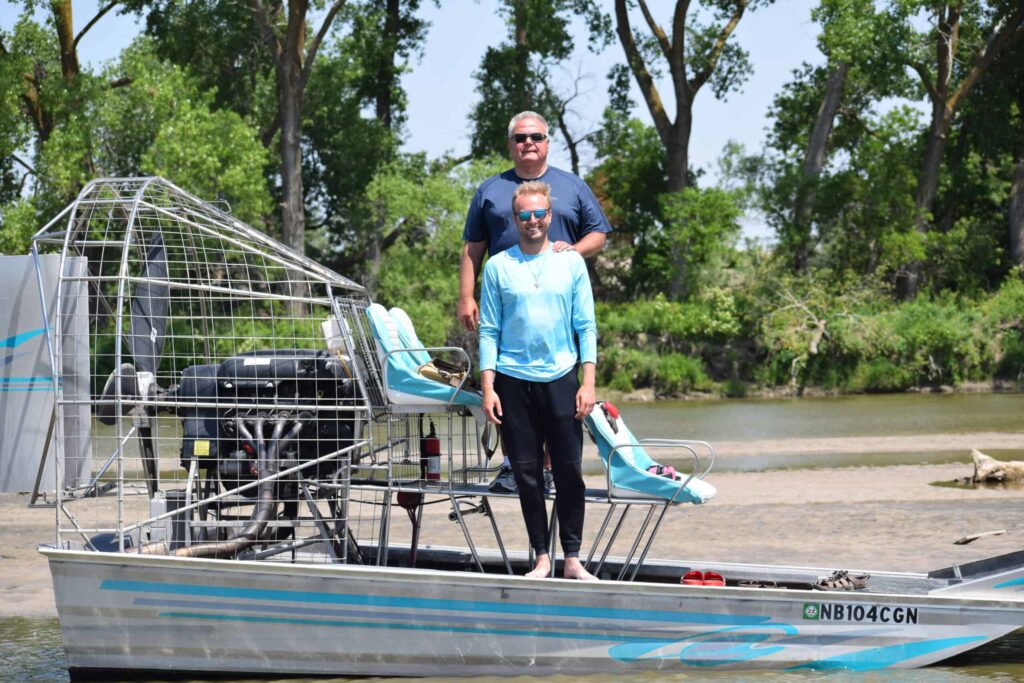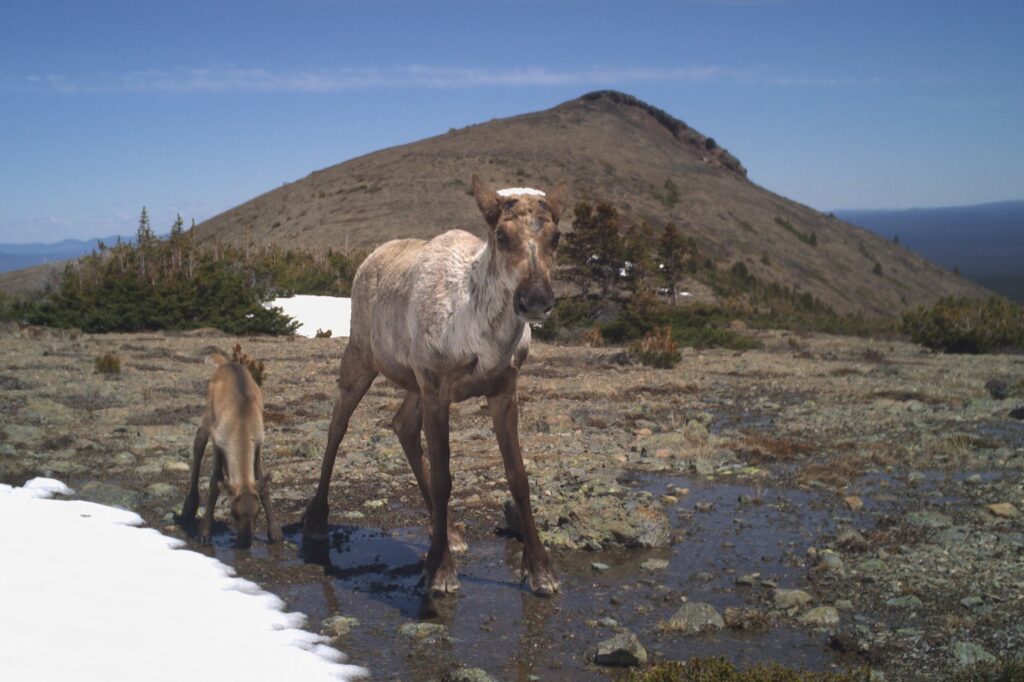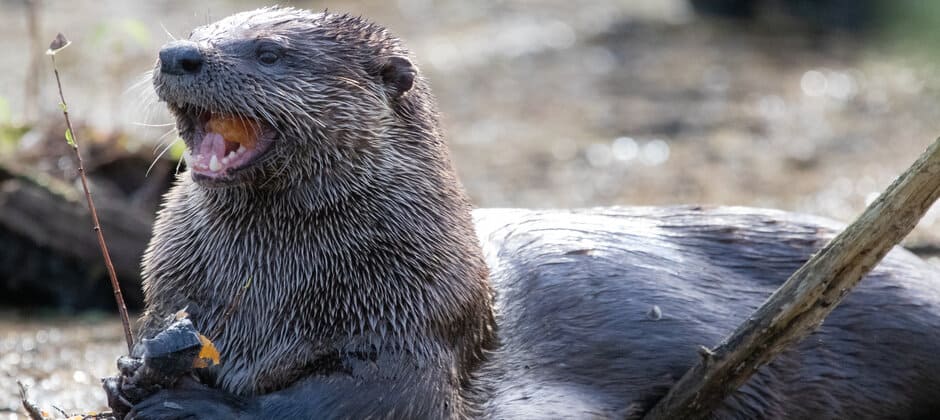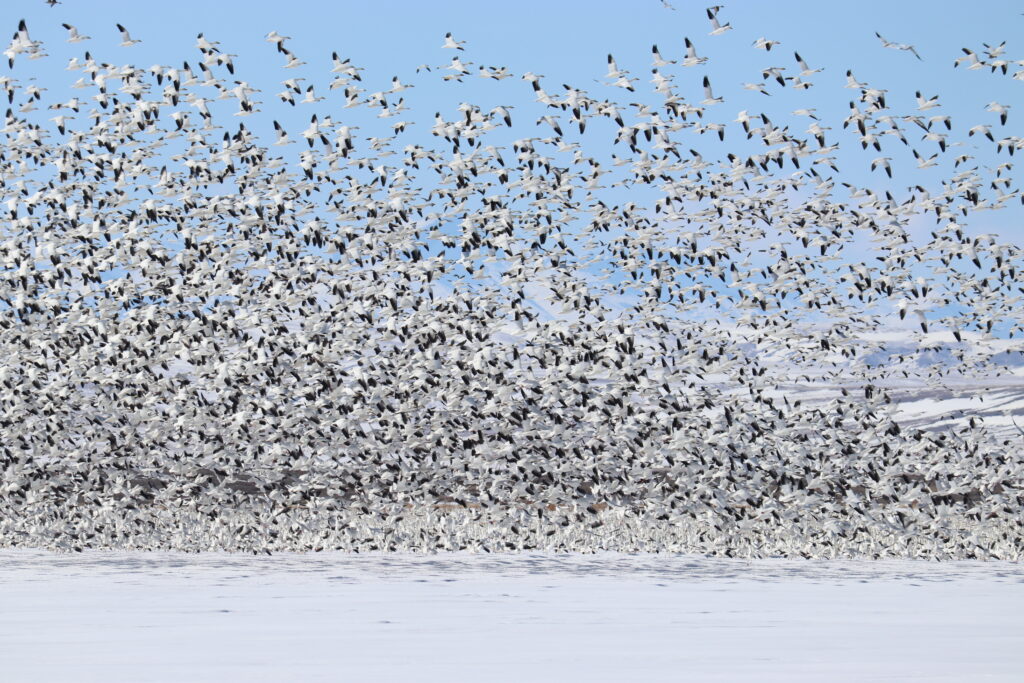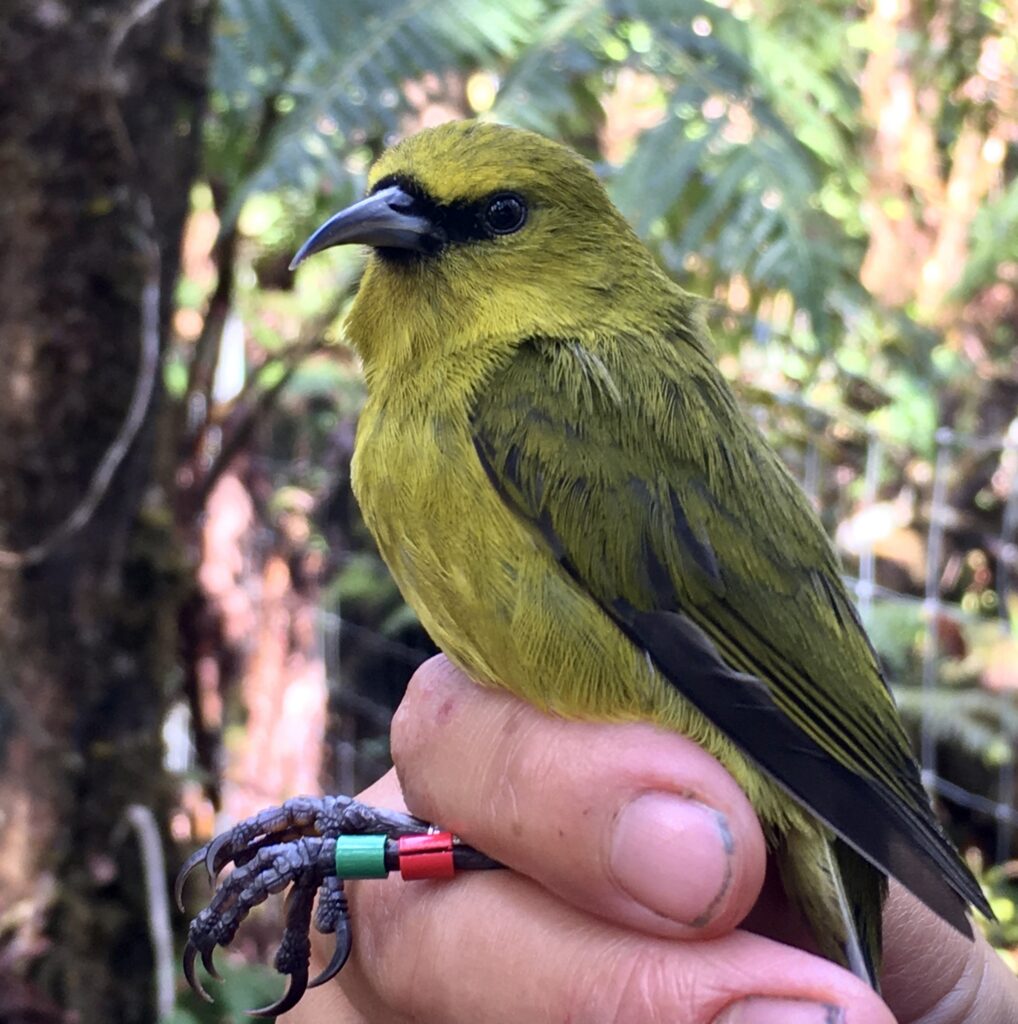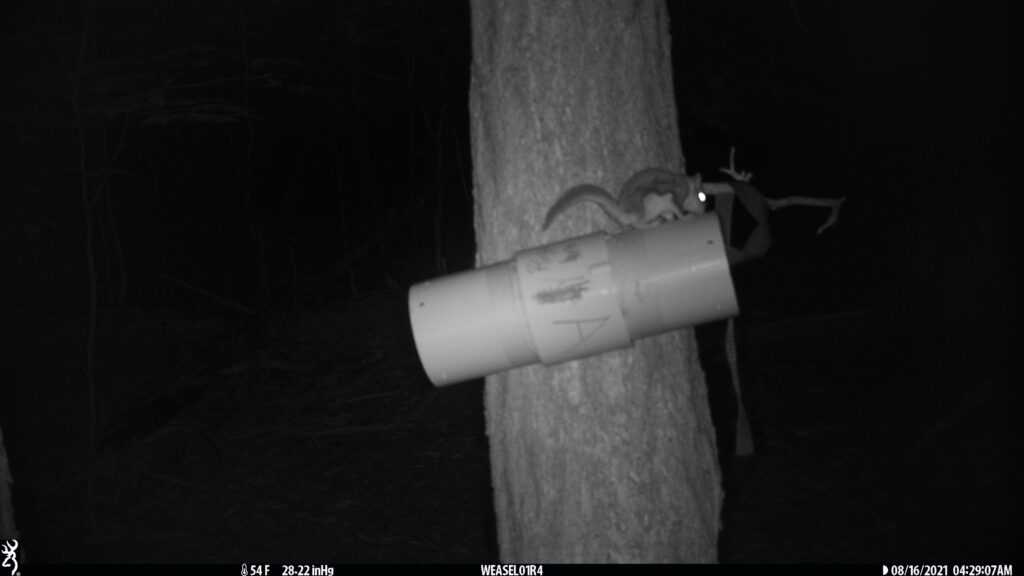The bipartisan Recovering America’s Wildlife Act was reintroduced today in the U.S. House of Representatives by Reps. Debbie Dingell, D-Mich and Jeff Fortenberry, R-Neb. They were joined by eight of their Democratic and Republican colleagues who signed on as original co-sponsors. The bill would provide $1.3 billion annually for state fish and wildlife agencies and $97.5 million annually for tribal nations to work on at-risk species recovery.
The funding would support the implementation of State Wildlife Action Plans, which identify species at risk of becoming threatened or endangered, known as species of greatest conservation need, and detail proactive plans to reduce population declines in an effort to prevent the need to list them under the Endangered Species Act. Funding would also support tribal nations in identification, planning and conservation of at-risk species and associated activities.
“The Recovering America’s Wildlife Act is a once in a generation opportunity to secure the funding needed to keep common species common and proactively invest in America’s native wildlife,” said President of The Wildlife Society Carol Chambers. “We are excited to help move this legislation forward in support of America’s wildlife professionals and the species they conserve.”
The newly reintroduced legislation is similar to the version passed out of the House Natural Resources Committee in December, 2019. New provisions include additional incentives to elevate plant species conservation needs within State Wildlife Action Plans, as well as a modification to the state funding distribution formula to provide additional funds for states with high numbers of threatened and endangered plants.
The need for a new funding source for state wildlife action plan implementation was reinforced by a 2018 report released in collaboration between the National Wildlife Federation, American Fisheries Society and The Wildlife Society. Reversing America’s Wildlife Crisis highlights America’s global reputation for species diversity, with 200,000 species of plants and animals across the country, including over 2,500 species of vertebrates and 4,000 species of invertebrates.
The Wildlife Society will be working alongside partners in the Alliance for America’s Fish and Wildlife to advance this legislation in the 117th Congress. We will be updating TWS membership through the Conservation Affairs Network on opportunities for engagement with this legislation.
Check out The Wildlife Society’s and the American Fisheries Society’s joint press release on bill reintroduction here.
Article by The Wildlife Society
